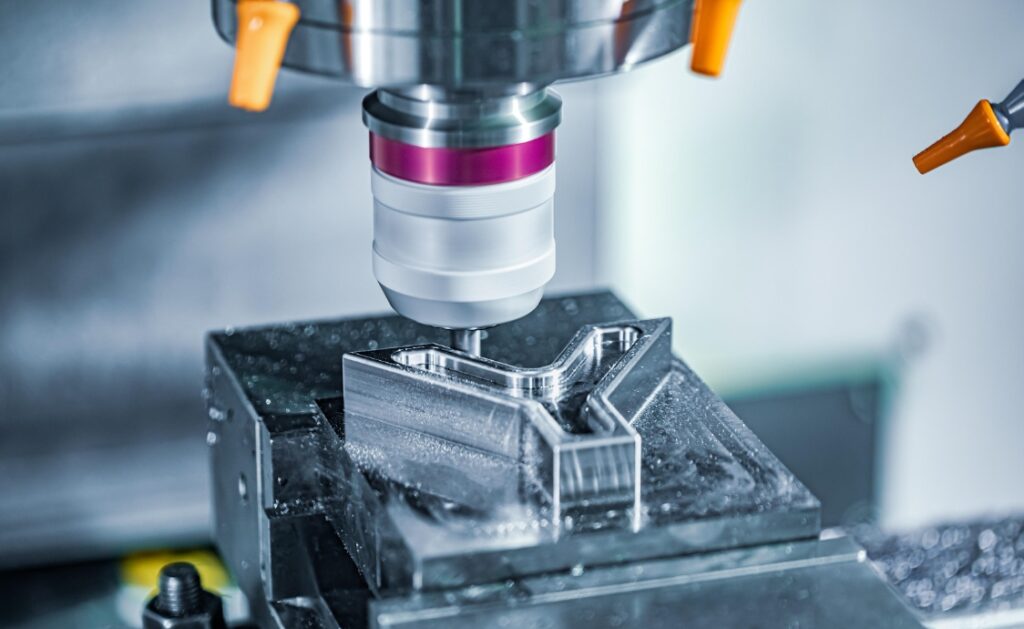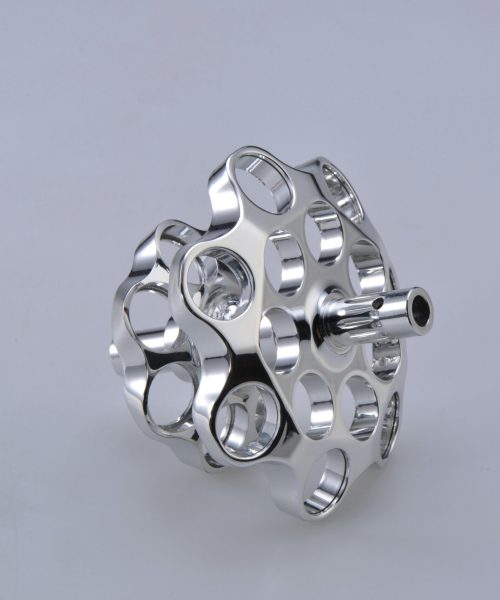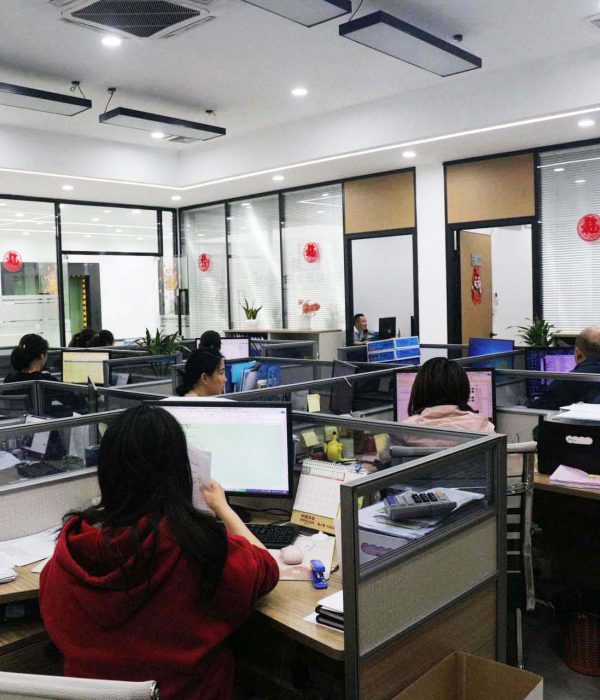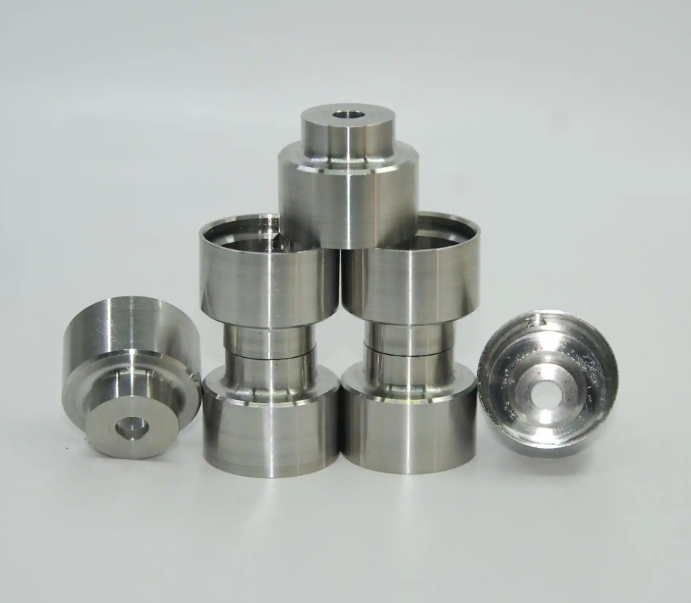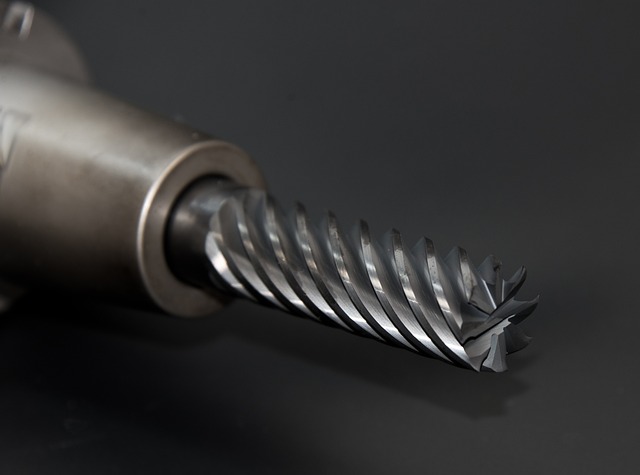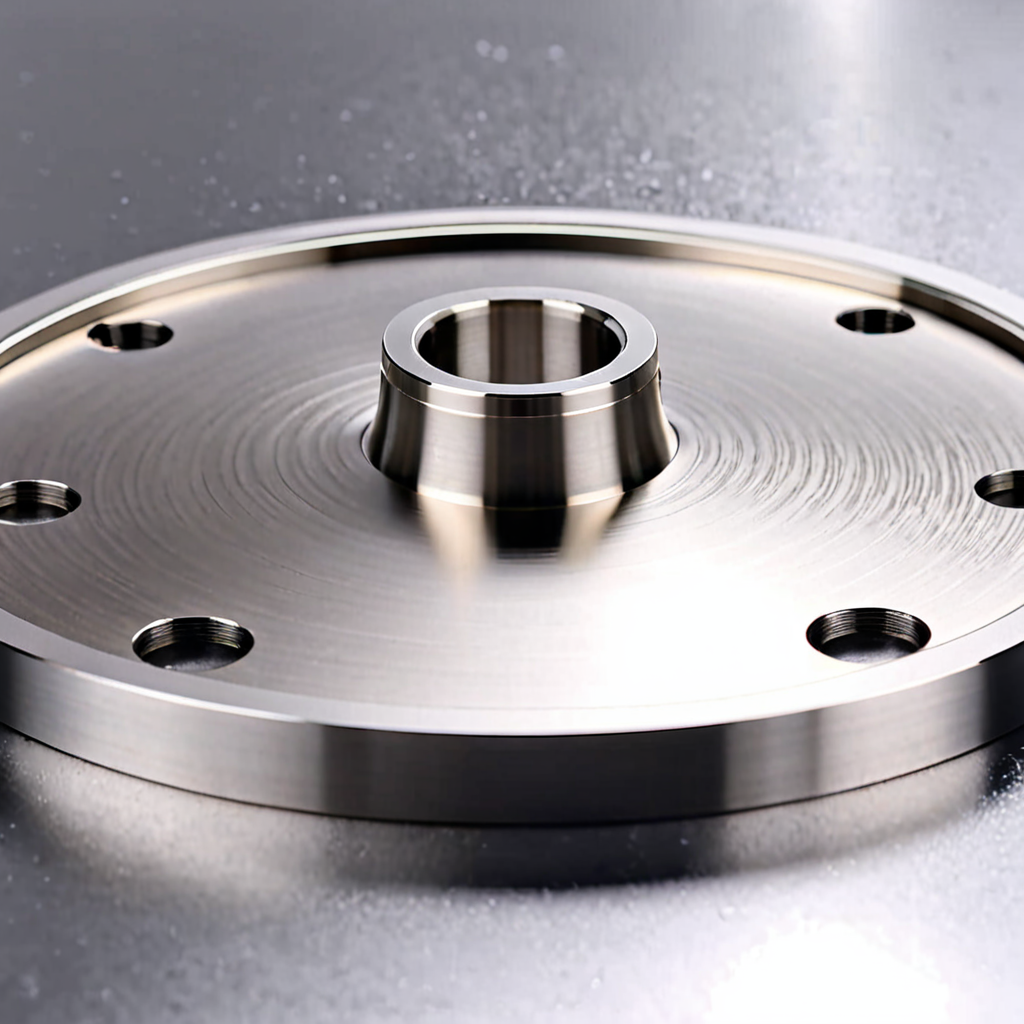In today’s rapidly developing manufacturing industry, CNC machining technology has become an indispensable core element. From aerospace, automotive manufacturing to electronic products and medical devices, all industries rely on this precision machining technology to varying degrees. However, with the increasingly fierce market competition, how to choose a suitable CNC işleme üreticisi that can ensure product quality, improve production efficiency, and reduce costs has become an important issue faced by many enterprises.
CNC İşleme Nedir?
CNC stands for Computer Numerical Control, which is translated into Chinese as “Computer Numerical Control.” This technology uses computers to control various processing equipment, such as lathes, milling machines, drilling machines, etc., to achieve high-precision and high-efficiency machining processes.
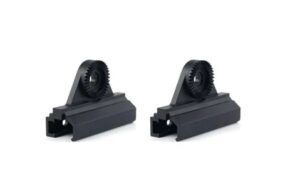

Compared with traditional manual operation, CNC machining has the following significant advantages:
- Extremely high precision: CNC machines can be accurate to the micron level, ensuring the consistency and interchangeability of parts.
- Excellent repeatability: Whether producing one or ten thousand pieces, each part can maintain the same quality standards.
- Complex shape processing capability: CNC machining can manufacture complex geometric shapes that are difficult to achieve manually.
- High efficiency: The high degree of automation greatly reduces manual intervention and improves production efficiency.
- Flexibility: Simple program modifications can quickly switch to different processing tasks.
These advantages have made CNC machining occupy a pivotal position in the modern manufacturing industry, especially in industries that require high precision and consistency, such as aerospace, medical devices, precision instruments, and other fields.
Key Factors for Choosing a CNC Machining Manufacturer
Technical Capability and Equipment Modernity
The development of CNC machining technology is evolving rapidly, so an excellent CNC machining factory must always keep its technology updated and equipment upgraded. Advanced equipment can not only improve machining accuracy but also significantly shorten the production cycle. When choosing CNC machining services, it is recommended to understand the manufacturer’s equipment configuration, including but not limited to:
- Five-axis machining centers: capable of one-time machining of complex surfaces.
- High-speed machining centers: improve machining efficiency, suitable for mass production.
- Precision lathes: used for high-precision machining of rotationally symmetrical parts.
- Wire cutting machines: suitable for precision molds and complex shape parts.
In addition, attention should also be paid to whether the manufacturer has CAD/CAM software support. These software tools can help optimize the machining path, improving efficiency and accuracy.
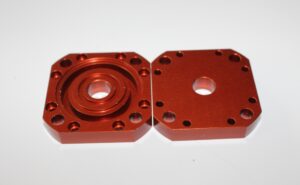

Experience and Industry Expertise
Each industry has its own special requirements for CNC machining. A CNC işleme şirketi with rich industry experience can better understand customer needs and provide targeted solutions. For example:
- Aerospace industry: requires parts to have extremely high precision and reliability, while also considering weight optimization.
- Medical device industry: in addition to high precision requirements, it also needs to consider the biocompatibility of materials and surface treatment.
- Automotive industry: focuses on the strength, durability, and cost control of parts.
- Electronics industry: pays attention to the processing of tiny parts and surface treatment.
Therefore, when choosing a CNC machining manufacturer, companies with rich experience in your industry should be given priority. They can not only provide high-quality machining services but also provide valuable suggestions in design optimization, material selection, and other aspects to help you reduce costs and improve product performance.
Multi-material Machining Capability
Different projects often require different materials, so a comprehensive CNC machining manufacturer should have the ability to process various materials. Common materials include:
- Metals: aluminum alloy, stainless steel, titanium alloy, copper, brass, etc.
- Plastics: ABS, PC, PEEK, POM, nylon, etc.
- Special materials: ceramics, composite materials, graphite, etc.
Each material has its unique processing characteristics, requiring corresponding processing parameters and processes. For example, titanium alloy, due to its high strength and low thermal conductivity, is difficult to process and requires special tools and cooling techniques. Some plastic materials need to consider the problem of thermal deformation during processing. Therefore, a CNC machine shop that can skillfully cope with the processing needs of various materials can often provide more comprehensive and professional services for customers.
Customization Capability and Flexibility
In modern manufacturing, customized requirements are becoming more and more common. Whether it is product prototyping or small batch production, CNC machining suppliers need to have a high degree of flexibility. An excellent CNC machining company should be able to:
- Quickly respond to customer needs, providing sample and prototype services.
- Flexibly adjust production plans to meet the needs of urgent orders.
- Improve and optimize processes according to customer requirements.
- Provide a one-stop service from design to finished products.
Flexibility is not only reflected in production capabilities but also in the ability to quickly respond to changes in customer needs. For example, when a customer needs to modify the design, an excellent CNC machining supplier can quickly adjust the processing parameters to minimize the impact on production progress.
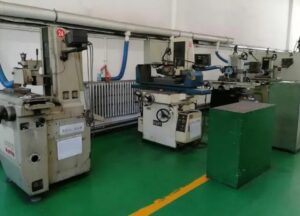

Kalite Kontrol ve Denetim
Quality control is one of the most critical aspects of the CNC machining process. A reliable CNC machining manufacturer should establish a comprehensive quality management system, including but not limited to:
- Raw material inspection: ensure that the materials used meet specifications and quality standards.
- Process control: monitor processing parameters in real-time to ensure machining accuracy.
- Finished product inspection: use advanced measuring equipment such as Coordinate Measuring Machines (CMM) for comprehensive inspection.
- Traceability system: each part has a unique identification code for easy tracking of production history.
In addition, many high-end CNC machining companies also introduce advanced quality management tools such as Statistical Process Control (SPC), continuously improving the production process through data analysis to improve the stability of product quality.
Customer Service and Communication
Although technology and equipment are at the core of CNC machining, high-quality customer service is equally important. A professional CNC machining company should be able to:
- Provide technical consulting to help customers optimize designs and improve manufacturability.
- Respond promptly to customer inquiries and changes in requirements.
- Provide detailed quotes and production progress information.
- Respond quickly and provide solutions when problems arise.
Good communication can not only ensure the smooth progress of the project but also establish long-term cooperative relationships. Some excellent CNC machining suppliers will even assign a dedicated project manager for important customers, providing one-on-one service.
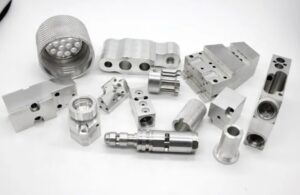

Why Choose a Professional CNC Machining Manufacturer?
Faced with many CNC machining suppliers, some companies may ask: Why should we specifically choose a professional CNC machining manufacturer? In fact, choosing a reliable CNC machining supplier is not just about finding a simple production service provider, but more about finding a strategic partner for the enterprise that can improve production efficiency, reduce costs, and grow and innovate together. Here are some of the advantages of choosing a professional CNC machining manufacturer:
Improve Production Efficiency
Professional CNC machining manufacturers usually have advanced equipment and optimized production processes. They can:
- Quickly complete the transition from design to production.
- Improve production efficiency through parallel processing.
- Reduce manual intervention and increase production speed with automated equipment.
- Optimize process routes to reduce unnecessary processes.
Reduce Production Costs
Although the unit price of professional CNC machining services may be higher, in the long run, it can often help companies reduce overall costs:
- Optimize design to reduce material waste.
- Improve the yield rate, reducing rework and scrap.
- Shorten production cycles and reduce inventory costs.
- Provide the advantages of scaled production to reduce per-unit costs.
Ensure Product Quality
Professional CNC machining manufacturers usually have strict quality control systems:
- Use high-precision processing equipment to ensure product consistency.
- Implement comprehensive quality inspection processes, controlling every step from raw materials to finished products.
- Have experienced technical personnel who can handle complex processing requirements.
- Continuously improve the process to improve product quality.
Flexible Response to Demands
Market demands change rapidly, and professional CNC machining suppliers can:
- Quickly respond to customer customization needs.
- Flexibly adjust production plans to meet urgent orders.
- Provide a full range of services from small batches to mass production.
- Quickly improve products based on market feedback.
Technical Support and Innovation
Professional CNC machining manufacturers not only provide machining services but also become your technical partners:
- Provide design optimization suggestions to improve product manufacturability.
- Introduce new materials and processes to help customers stay technologically ahead.
- Assist in product development and prototype production.
- Provide technical training to help customers understand the latest manufacturing technologies.
CNC İşlemede Gelecek Trendleri
With the advancement of technology, the CNC machining industry is also continuously evolving. Understanding industry trends is crucial for choosing the right CNC machining partner. Here are a few trends worth paying attention to:
Intelligent Manufacturing and Industry 4.0
More and more CNC machining factories are beginning to introduce the concept of intelligent manufacturing:
- Use IoT technology to interconnect equipment and improve production efficiency.
- Optimize production processes through big data analysis, predicting equipment maintenance needs.
- Introduce artificial intelligence technology to achieve an autonomously optimized machining process.
Additive Manufacturing and CNC Machining Integration
The development of 3D printing technology has brought new possibilities for CNC machining:
- Quickly make complex-shaped blanks with 3D printing, then use CNC machining for fine processing.
- Combine the advantages of both technologies to achieve more complex shape processing.
- Reduce material waste and shorten production cycles.
Environmental Protection and Sustainable Development
With the rise of environmental awareness, green manufacturing has become a new trend in the industry:
- Use environmentally friendly and recyclable materials.
- Optimize processing technology to reduce energy consumption and waste generation.
- Introduce clean production technology to reduce environmental pollution.
High-speed and Ultra-precision Machining
With the development of industries such as aerospace and optics, the requirements
for machining precision and efficiency are getting higher and higher:
- Develop ultra-high-speed machining technology to improve material removal rate.
- Develop nano-precision processing equipment to meet the needs of industries such as microelectronics.
- Develop new tool materials and cooling technologies to improve machining efficiency and precision.
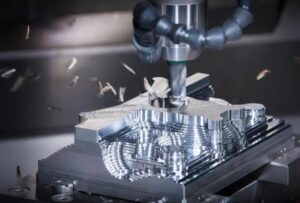

Remote Monitoring and Cloud Manufacturing
With the development of network technology, remote operation and monitoring have become possible:
- Real-time monitoring and remote control of the production process through cloud platforms.
- Use virtual reality technology for remote training and technical support.
- Establish a networked manufacturing service platform to achieve efficient resource allocation.
Sonuç
Choosing the right CNC machining manufacturer is crucial for a company’s production efficiency and product quality. By comprehensively considering aspects such as technical capability, material processing capability, industry experience, and quality control, companies can find a reliable partner to help them stand out in the competitive market.
Remember, choosing a CNC machining supplier is not just about finding a simple outsourcing service, but more about finding a strategic partner who can grow and innovate with you. An excellent CNC machining manufacturer can provide you with comprehensive support from design optimization, prototype production to mass production, helping you quickly respond to market demands and improve product competitiveness.
In this era of rapidly developing technology, maintaining an open and learning attitude is very important. Establishing a good cooperative relationship with CNC machining manufacturers and continuously learning new technologies and processes will help your company gain an advantageous position in future market competition. Whether you need small batch customization or large-scale production, choosing the right CNC machining partner will be one of the key factors for your company’s success.

